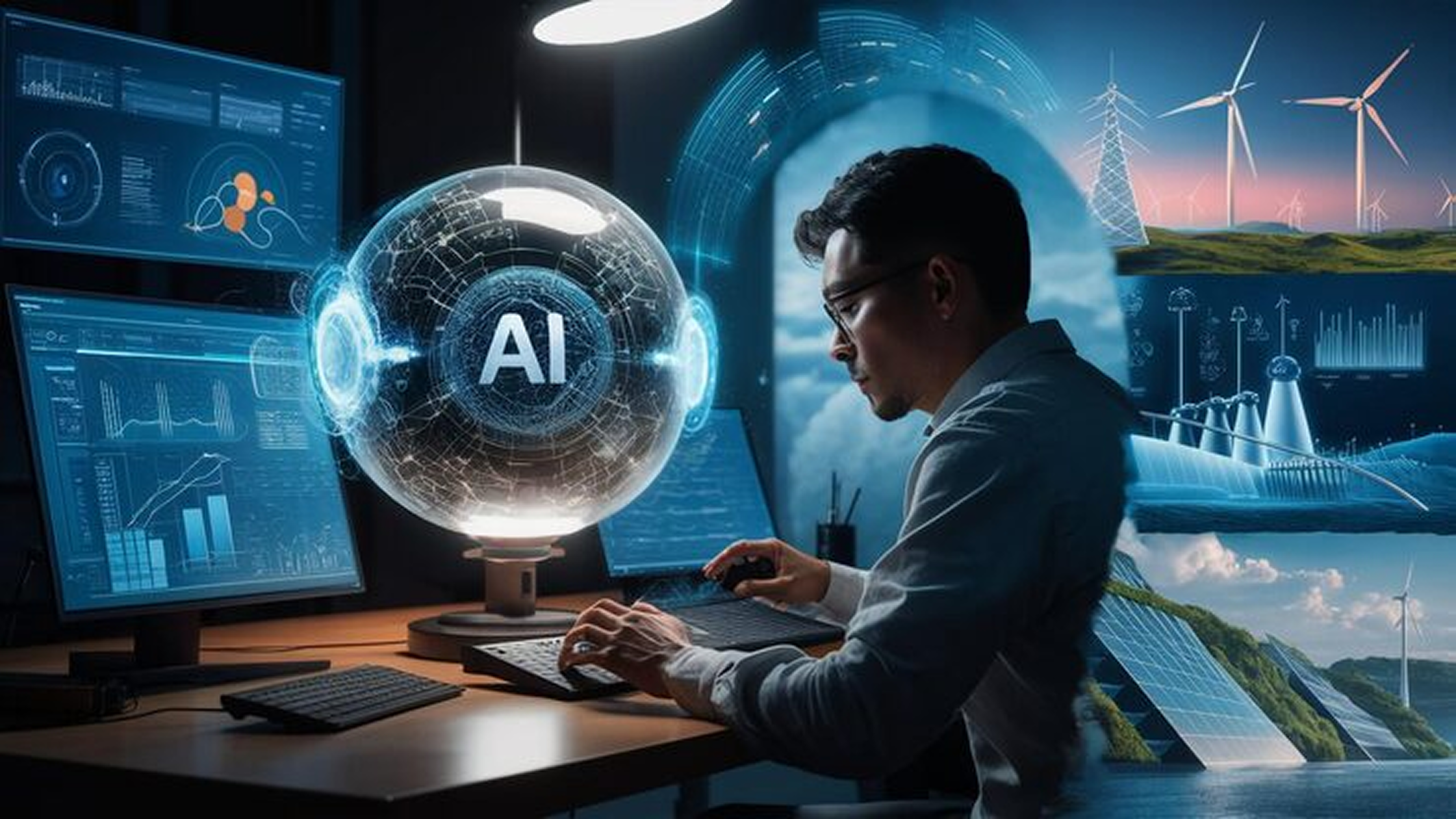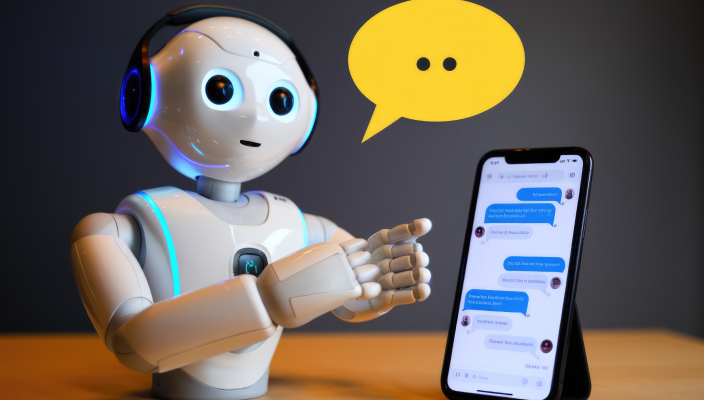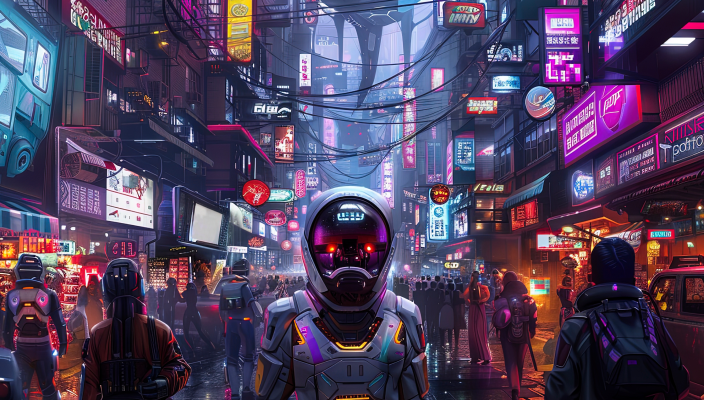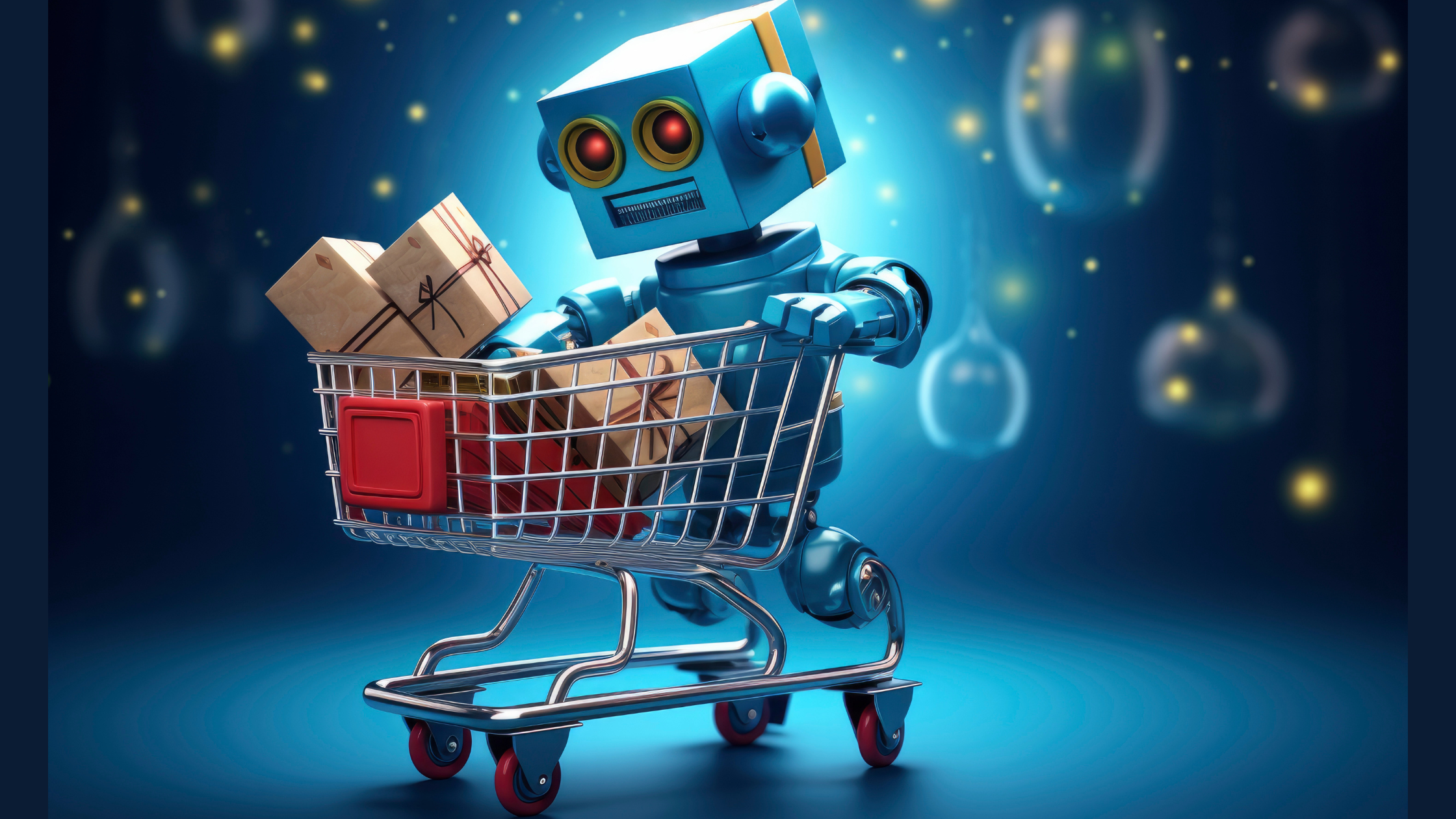Introduction
In today’s fast-paced digital world, businesses are constantly searching for the most efficient ways to interact with their customers. The rise of AI Chatbots has revolutionized customer service, providing 24/7 assistance, instant responses, and cost-effectiveness. However, despite their impressive abilities, AI chatbots cannot entirely replace the human touch that many customers still value. Finding the perfect balance between AI chatbots and human agents has become essential for companies aiming to provide top-notch customer service.
This article explores the strengths and limitations of both AI chatbots and human agents and how businesses can leverage both to create a seamless customer experience. If you’re an AI Consulting Services Company, understanding this balance is key to creating solutions that meet your clients’ evolving needs.
What Are AI Chatbots?
AI chatbots are automated software programs powered by artificial intelligence (AI) that simulate human-like conversations. They can perform various tasks, from answering common customer queries to processing orders, troubleshooting, and even recommending products. Chatbots learn over time using machine learning and natural language processing (NLP), allowing them to improve and provide more accurate responses.
Advantages of AI Chatbots
AI chatbots offer numerous benefits that make them an attractive option for businesses, especially those handling a large volume of customer interactions.
-
24/7 Availability
One of the biggest advantages of AI chatbots is their ability to provide round-the-clock support. Unlike human agents who work in shifts, chatbots are always online, ensuring that customers can receive assistance at any time of day.
-
Instant Responses
In an era where customers demand quick answers, AI chatbots provide instantaneous responses. This speed can drastically reduce waiting times, improving customer satisfaction and enhancing the overall user experience.
-
Scalability
For businesses dealing with a high influx of customer inquiries, AI chatbots offer a scalable solution. Chatbots can handle multiple conversations simultaneously, ensuring that no customer is left waiting in line.
-
Cost-Effectiveness
Hiring and training human agents can be expensive. Chatbots help reduce these costs by handling basic and repetitive tasks, allowing human agents to focus on more complex issues. This results in significant savings for companies while still delivering effective customer service.
-
Data Collection and Insights
Chatbots are excellent at collecting and analyzing customer data. They track customer interactions, behavior, and preferences, providing businesses with valuable insights that can be used to enhance products or tailor marketing strategies.
Limitations of AI Chatbots
While AI chatbots offer impressive capabilities, they are not without their limitations.
-
Lack of Emotional Intelligence
One of the key drawbacks of AI chatbots is their inability to understand emotions and empathy. In cases where a customer is frustrated or upset, human agents are far better equipped to handle the situation and provide compassionate support.
-
Limited Understanding of Complex Issues
Chatbots excel at answering common, straightforward queries. However, when it comes to more complex issues, they can struggle to understand the context or provide accurate solutions. Human agents, with their critical thinking abilities, are better suited for handling these scenarios.
-
Rigid Conversational Boundaries
Despite advancements in NLP, AI chatbots can still come across as robotic, especially when dealing with unexpected or unusual queries. They often follow pre-programmed scripts, which can make the interaction feel less personalized and less engaging for customers.
The Role of Human Agents in Customer Service
Human agents remain an integral part of customer service, offering unique skills that AI chatbots cannot replicate.
-
Emotional Connection
Human agents provide an emotional connection that chatbots cannot. Whether it’s offering empathy, reassurance, or understanding, human agents are capable of connecting with customers on a personal level. This connection can build trust and foster long-term relationships between customers and businesses.
-
Handling Complex Queries
Human agents are critical thinkers who can analyze complex problems, offer creative solutions, and adapt to unique situations. This ability is especially important when dealing with high-stakes customer inquiries that require a nuanced understanding of the issue.
-
Personalization and Flexibility
While AI chatbots can offer personalized responses to an extent, human agents provide a much deeper level of personalization. They can adapt their tone, language, and approach based on the customer’s needs and preferences, making the interaction feel more genuine and tailored.
Finding the Perfect Balance
To deliver the best customer experience, businesses must strike the right balance between AI chatbots and human agents. Combining the efficiency of AI chatbots with the emotional intelligence of human agents can result in a seamless, customer-centric approach.
-
Automate Basic Queries with AI Chatbots
AI chatbots are perfect for handling routine inquiries, such as FAQs, order tracking, and account information. Automating these tasks frees up human agents to focus on more complex issues, improving efficiency and response times.
-
Escalate Complex Issues to Human Agents
When chatbots encounter more intricate problems or customers express dissatisfaction, the conversation should be seamlessly escalated to a human agent. This ensures that customers receive the personalized support they need while maintaining a positive interaction.
-
Continuous Learning and Improvement
For an AI Chatbot Development Company, it’s crucial to ensure that chatbots are continuously learning and improving based on customer interactions. Regular updates, fine-tuning, and integration with machine learning can help enhance chatbot performance, making them more effective in the long run.
-
Offer a Hybrid Solution
Some companies are adopting hybrid solutions that combine AI chatbot interactions with human oversight. In these models, chatbots handle the initial stages of a conversation, and human agents step in when necessary. This creates a fluid transition between AI and human support, ensuring a better customer experience.
Conclusion
While AI chatbots are transforming customer service by providing efficiency, scalability, and cost-effectiveness, they cannot entirely replace the human touch that customers often seek. Finding the perfect balance between AI chatbots and human agents is essential for delivering a high-quality, personalized customer experience. Businesses, especially an AI Chatbot Development Company, should focus on blending technology with human empathy to create a customer service strategy that meets the needs of today’s digital-savvy consumers.
FAQs
- Can AI chatbots replace human agents entirely?
No, AI chatbots can handle basic queries but lack the emotional intelligence and critical thinking required for complex issues, making human agents indispensable. - How can businesses benefit from using AI chatbots?
AI chatbots offer benefits such as 24/7 availability, instant responses, scalability, and cost savings, making them valuable for customer service. - What happens if a chatbot can’t solve a customer’s problem?
In cases where chatbots cannot resolve an issue, the conversation should be escalated to a human agent for personalized assistance. - How do human agents complement AI chatbots?
Human agents bring emotional intelligence, personalization, and critical problem-solving skills that enhance customer interactions, especially in complex scenarios. - Should businesses invest in both AI chatbots and human agents?
Yes, investing in both ensures that businesses can handle a wide range of customer interactions efficiently while still offering personalized, empathetic support when needed.









































